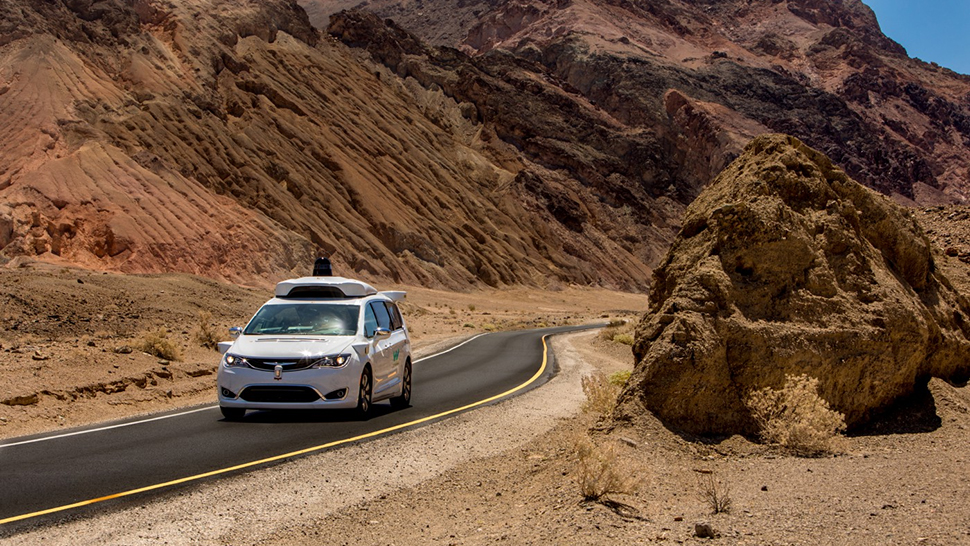Major self-driving car bill that would accelerate testing moves closer to law
The SELF DRIVE Act has passed the House of Representatives, is headed to the Senate

As more companies like Apple and Samsung begin testing self-driving cars in the US, along with more cities opening their roads to the tech, a new piece of legislation is on its way to expediting the rise of driverless vehicles even further.
The Safely Ensuring Lives Future Deployment and Research In Vehicle Evolution (or SELF DRIVE) Act passed in the House of Representatives earlier today. The bill aims to open up the entire United States to more testing of autonomous driving tech.
If passed in the Senate and turned into law, the SELF DRIVE Act would allow companies to test up to 100,000 self-driving cars on the road nationwide every year.
The act would also bypass certain safety standards, like having a steering wheel and gas pedal on-board, that are mainly in place for cars that rely on a full-time driver.
The SELF DRIVE Act has passed the House! This is an important #bipartisan win. Now, on to the Senate 🚗 pic.twitter.com/R4wqMZv9CdSeptember 6, 2017
Share the road
Through these changes, supporters of the act hope that more companies can get more autonomous cars on the streets with fewer roadblocks (pun unintended) for testing.
Additionally, the bill seeks to make it easier for companies to gather data on the efficacy of their autonomous cars in real-world scenarios, such as lower accident rates and overall efficiency.
Despite relaxing some of the rules, companies testing self-driving cars through SELF DRIVE would still be required to apply for a testing permit, as well as submit to regular safety reports.
Get daily insight, inspiration and deals in your inbox
Sign up for breaking news, reviews, opinion, top tech deals, and more.
Additionally, companies would have to submit plans demonstrating a commitment to cybersecurity on their vehicles, with hacking becoming a major growing pain in the era of The Internet of Things and definitely one auto makers should not take lightly.
Via Engadget
